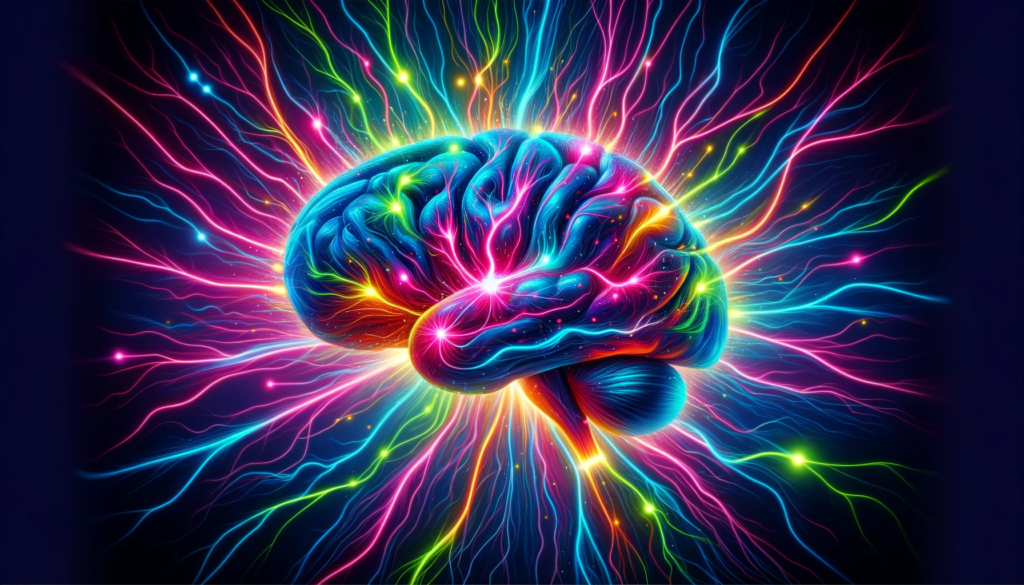
In an era of peak digital consumption, the intersection of pornography and neuroscience, particularly the dopamine effect, is a critical area of concern. The way pornography interacts with the brain’s reward system, specifically the release of dopamine, has far-reaching consequences.
1. The Dopamine Rush
Dopamine, often referred to as the “feel-good” neurotransmitter, plays a crucial role in our brain’s reward system. It’s released during pleasurable activities, including eating, exercise, and sex. Pornography, on the other hand, causes an artificial overload of dopamine release, which can have a wide range of consequences.
2. Super-Normal Stimulus
Pornography, especially due to its varied and easily accessible nature, acts as a super-normal stimulus. It provides an exaggerated version of sexual reality, which the brain finds incredibly rewarding. This results in the release of unusually high levels of dopamine. Shockingly, some studies suggest that the dopamine release from viewing pornography can be comparable to that of certain drugs, making it potentially addictive.
3. The Consequence of Overstimulation
The brain’s response to constant overstimulation from pornography is alarming. Over time, the brain starts to reduce the number of dopamine receptors in an attempt to maintain balance. This reduction means that a person requires more and more stimulation to achieve the same level of pleasure, leading to a cycle of seeking more extreme or varied pornographic content.
4. Desensitisation and its Effects
As a person becomes desensitised, not only do they seek more extreme forms of pornography, but they also find less intense stimuli, such as real-life sexual experiences, less rewarding. This desensitisation can cause serious problems in intimate relationships, with couples frequently reporting decreased sexual satisfaction and emotional disconnect from their partners.
5. The Impact on Mental Health
The dopamine effect of pornography doesn’t just affect sexual behaviour; it has significant mental health implications. The constant chase for a dopamine high can lead to symptoms similar to depression when a person is not engaging with pornography. Moreover, the shame and guilt often associated with excessive pornography consumption can exacerbate mental health issues like anxiety and low self-esteem.
6. Addiction and the Brain’s Response
Perhaps one of the most shocking aspects is the addictive potential of pornography. The cycle of high dopamine release followed by the need for more intense stimulation mirrors the patterns seen in substance addiction. This has led some experts to categorise excessive pornography use as a behavioural addiction, with withdrawal symptoms and challenges in quitting similar to drug addiction.
7. The Long-Term Consequences
Long-term consumption of pornography, especially starting from a young age, can have lasting effects on the brain. It can alter expectations of sexual relationships, decrease the ability to experience pleasure from less intense stimuli, and potentially lead to chronic mental health issues. These effects can last a long time, which makes it hard to recover and get used to having normal sexual experiences again.
8. Societal Implications
The widespread availability and consumption of pornography, coupled with the dopamine effect, also have broader societal implications. It can contribute to distorted views of sex and relationships, perpetuating unrealistic expectations and unhealthy sexual behaviours. Furthermore, the normalisation of extreme content has the potential to desensitise society to issues of consent and sexual aggression.
In summary, the relationship between pornography and the dopamine effect presents a complex and concerning picture. The artificial and intense dopamine release triggered by pornography consumption can lead to a cycle of addiction, desensitisation, and mental health issues, with far-reaching implications for both individuals and society. The consequences of this interaction are profound, warranting serious consideration and awareness in our increasingly digitalised world.
Ready to explore the complex world of pornography and addiction? Gain valuable insights and strategies for healthier choices in relationships and mental well-being. Connect with Jonathan Riley, a certified porn addiction specialist at My Practice Counselling Melbourne, to guide you on a path towards balanced and fulfilling intimacy. Take the first step today for a brighter tomorrow.